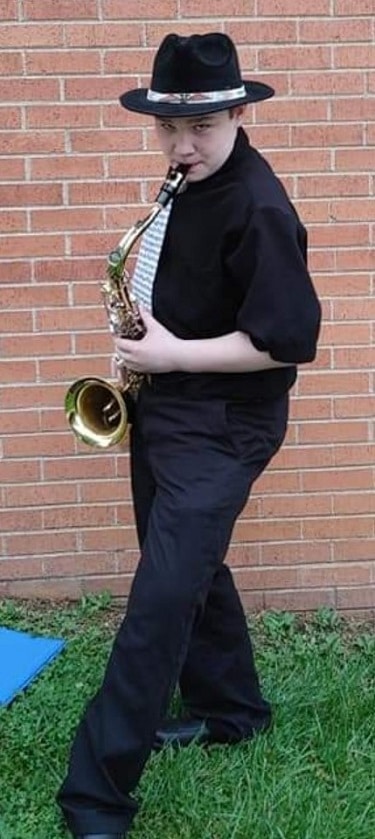Stoney, my best friend, and I gathered together a few of our old songs, written between 1973 and 1981, and had them printed in a real songbook. The selection represents only a fraction of the songs we wrote back then, when we played the guitar every day and sent our songs to each other on cassette tape. We chose what we considered to be our top hits, the songs we went back to over and over again, playing them in the evenings after work and on weekends before composing new songs inspired by each other’s recordings. Naturally, the sheet music I created from the hardcopies of those words and chords is not the same as our live performances, but that’s just how the manuscript version is; all the notes are there on the page, but the energy and improvisation cannot be duplicated; that is up to the musician, to play the music according to his and her expertise and emotional interpretation.
The book turned out great, printed by Digital Publishing of Florida, Inc., and we gave and mailed copies to family and friends. After a while, Stoney complained that no one had commented at all on our greatest endeavor. I experienced a similar puzzlement. But really, if friends and family are not familiar with music, if they would never buy a songbook, what should they make of such a thing? I surmise that they are baffled and no doubt put the book on a shelf as a dust-collecting knick-knack, a novelty thrust upon them by the old guys of the family. And that’s fine. After all, the book is for us. The only reason we had enough to share is because there’s a requirement of 25 copies minimum per printing. And of course, we hope some later descendants might discover the book and be able to play them.
But then my sister, Craftster, called and said that her grandson, Towner, liked some of the tunes. I have never met him (I don’t count his mother introducing him to me when he was a toddler years ago) but I sent him a copy because I was aware that he played the saxophone, which makes him one of only two in the extended families who is actively into music. And to my great surprise, he plans to practice them and make me a recording, which I will share with Stoney, of course.
First, however, he has to transpose the sheet music to match the notes of a tenor sax. I had no idea there was a difference. I checked my phone-pedia (phō-neh-pē-dē-a) and sure enough, I couldn’t make heads or tails of it. Something to do with a piano C being a sax B-flat. I read on, and apparently wind instruments are not made to be in tune with string instruments (and a piano is a string instrument – look inside one!).
So I’m excited to hear his live performances of those old songs. And I don’t think Stoney and I will be surprised to discover that during all those years we were plucking and banging away at the guitar, we were actually writing music for the saxophone.
My grandson, Spud, just started learning music, and is doing astonishingly well. I’m actually jealous of both of them. Spud has learned all the major and minor chords on the piano and guitar in just two weeks (it took me a lot longer on just the guitar) and is experimenting with his own tunes. And Towner can play an instrument I can’t begin to understand. The only thing in the wind category I can play is a coach’s whistle. And I’ve tried: harmonica, recorder, bugle. I can make a pitch pipe do what it’s supposed to do, but I don’t count that.

